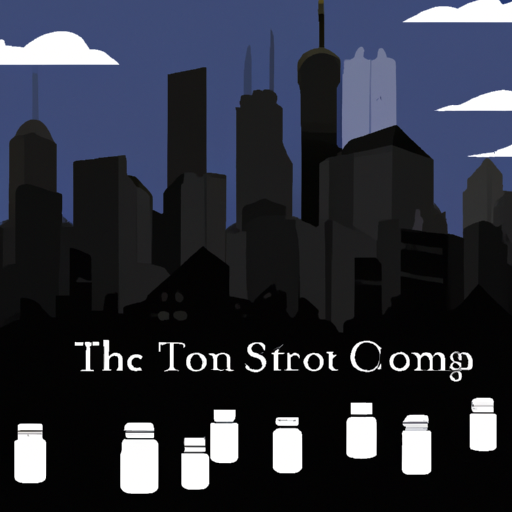Toronto Steps Up in the Fight Against the Opioid Crisis
In the face of the growing opioid crisis in Canada, many cities and local communities are taking steps to address the issue directly. One such city is Toronto, which has introduced a variety of innovative and compassionate solutions to help those suffering from opioid addiction. In a recent story by Now Toronto, we learn about the efforts Toronto City has taken to combat the effects of the opioid crisis.
Impacts of the Opioid Crisis
The opioid crisis afflicts society at many levels, impacting individuals, families, and whole communities. Some of the most notable effects include:
- Loss of life due to overdose
- Increase in crime rates as users resort to illegal activities to fund their addiction
- An increase in homelessness due to the financial strain and dislocation caused by addiction
- Increased strain on healthcare services
Addressing these issues requires a comprehensive, multi-pronged approach that treats addiction as a health issue rather than a criminal one.
Toronto’s Response
Toronto’s response to the ongoing opioid crisis has been compassionate and innovative. The city has invested heavily in harm reduction strategies, considering the health and safety of those afflicted by opioids.
One such initiative is a commitment to homeless support, given the strong correlation between opioid addiction and homelessness. The city has also endeavored to address the opioid crisis through the legal system with the opioid class action lawsuit against pharmaceutical companies, seeking to hold them accountable for their role in fuelling the crisis.
Naloxone: A Lifesaver in the Opioid Crisis
One of the key strategies in Toronto’s fight against the opioid crisis is the distribution of naloxone kits. Naloxone is a drug that can quickly reverse an opioid overdose, and its wider availability is seen as a critical component of the response to the opioid crisis.
The Toronto Public Library (TPL), known for being a safe and welcoming environment for all, has implemented a program to distribute free naloxone kits across its 100 branches. This initiative is not only aimed at saving lives but also seeks to reduce the stigma associated with opioid use, encouraging more people to seek help.
Summary of Key Points
- The opioid crisis in Canada has far-reaching societal impacts, including increased crime rates, homelessness, and strain on healthcare services.
- Toronto’s response to the crisis includes a comprehensive, multi-level approach that includes homeless support and an ongoing opioid class action lawsuit.
- A significant aspect of Toronto’s strategy is the widespread distribution of potentially lifesaving naloxone kits, an initiative recently undertaken by the Toronto Public Library.
In Conclusion
Toronto’s multifaceted response to the opioid crisis highlights the importance of tackling the issue from all angles, including legal action, community support, and public health initiatives. By circulating free naloxone kits through its library branches, Toronto is not only saving lives, but is also helping to reduce the stigma associated with opioid addiction. It is through such compassionate, dedicated, and integrated approaches that we can hope to mitigate the far-reaching impacts of the opioid crisis.
